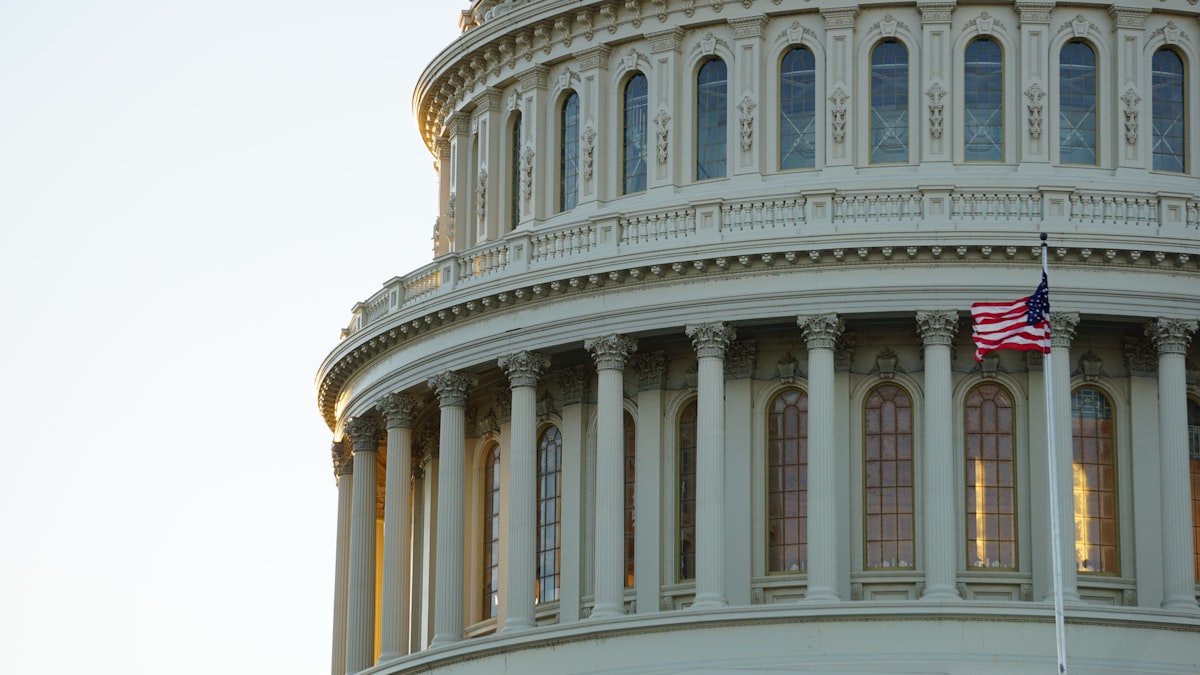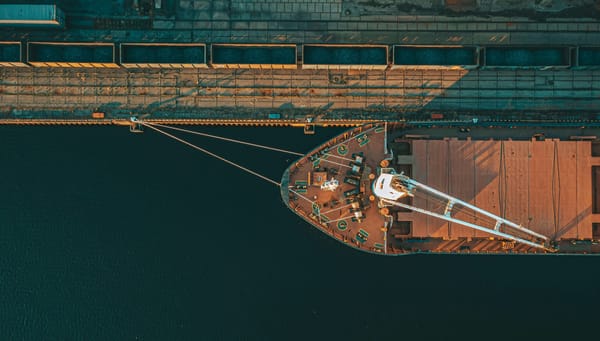Coming in 2023: Enhanced Seafood Imports Screening for Forced Labor Risk

It is illegal to import goods produced using forced labor, but screening for violations is easier said than done. US Customs and Border Protection (CBP)’s main tool for restricting seafood imports at risk of labor violations is Withhold Release Orders. CBP has issued a handful of these targeting specific fishing vessels in recent years, which are easy enough to check if you know where to look (or you can let Goldfish take care of this for you). That status quo changed on December 23, 2022 when President Biden signed the National Defense Authorization Act (NDAA) into law. It began a one year clock for the government start applying “predictive analytics” (their words) to screen seafood imports for risk of forced labor violations. The NDAA directs the government to use a number of specific reports in it's decision-making, including:
- Trafficking in Persons Report (Department of State);
- List of Goods Produced with Child and Forced Labor (Department of Labor); and
- reports to Congress on the High Seas Driftnet Moratorium Protection Act (Department of Commerce).
Nobody knows what the consequence of trying to import seafood from countries identified in these reports will be; but the bill gave US Customs and Border Protection an additional $25 million to implement this section of the bill so it is reasonable to expect changes are on the horizon. In light of this uncertainty, we believe that companies should be able to decide for themselves if these labor risk criteria are a factor they want to consider in sourcing. Before the deadline later this year, Goldfish will be able to detect if your import might be considered ‘at risk’ for labor violations by the US government. All of our checks are optional, so you can turn this function off if it isn’t a concern. Our only objective is to help you implement the right choices for your company.
Nerding Out: What does defense spending have to do with fisheries?
Defense spending has nothing to do with fisheries, the NDAA was just a ‘vessel of opportunity’, to borrow a phrase from our friends in the maritime sector. The NDAA falls into an unofficial category of must-pass bills because they authorize important government activities. Sometimes legislators are allowed to add amendments, which are usually low-controversy sections of other bills that are not likely to become law on their own. That is exactly what happened here - the 2023 NDAA saw over 1,000 amendments introduced and ended up at a whopping 4,438 pages long!





